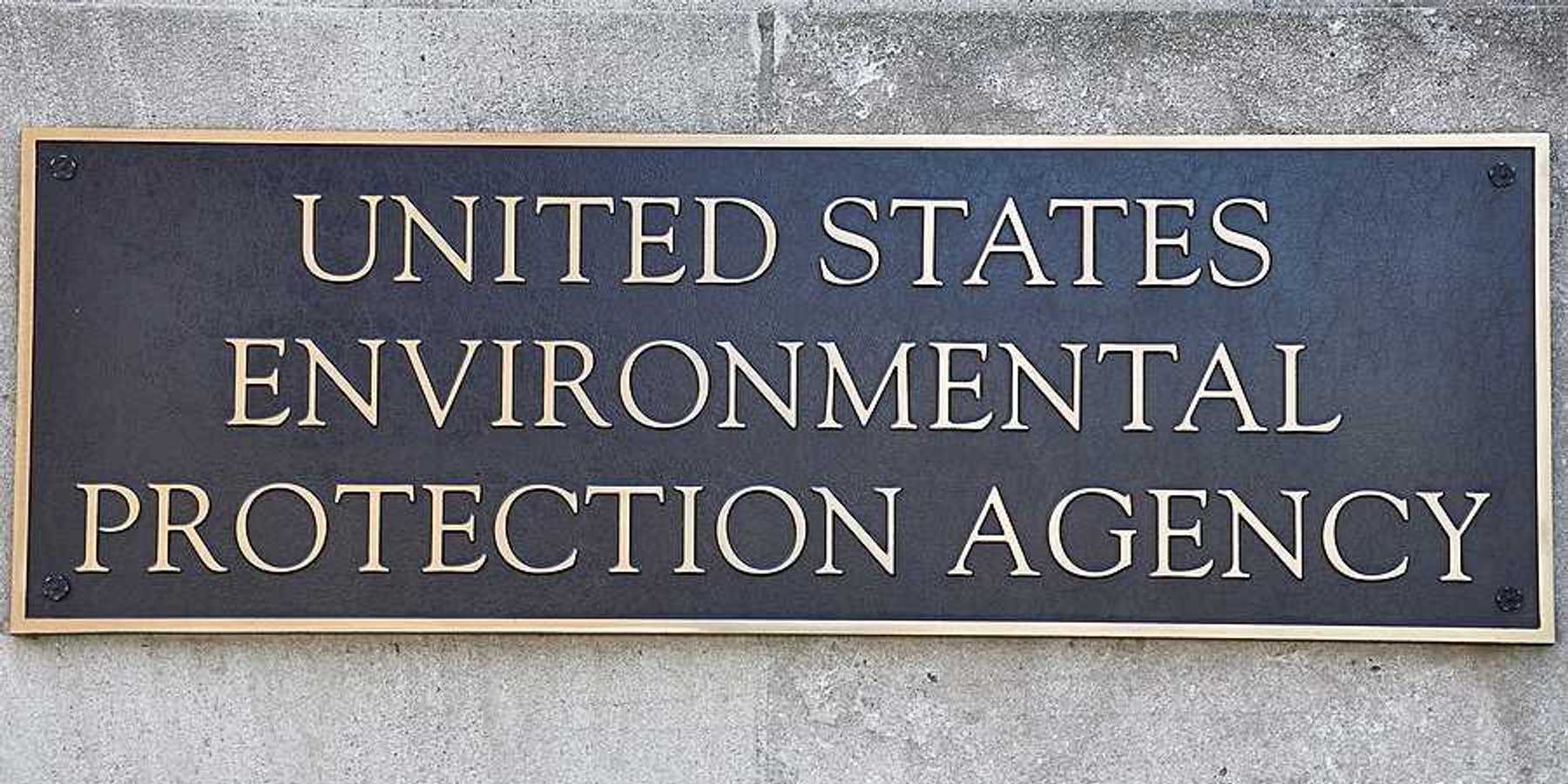Trump EPA move could allow chemical plants to bypass pollution limits, increasing cancer risk
A recent analysis warns that potential exemptions to air pollution rules under the Trump administration may protect chronic polluters and expose millions to higher cancer risks.
Shelby Jouppi reports for Inside Climate News.
In short:
- The EPA under President Trump is reviewing the HON rule, which targets emissions from 218 chemical facilities responsible for releasing known carcinogens near vulnerable communities.
- These facilities are often located in low-income, predominantly Black and Latino areas and have a documented history of violating clean air laws, with 23% persistently out of compliance.
- Ethylene oxide, a key target of the rule, is linked to high cancer risks, especially for children, but industry groups and Texas regulators continue to question U.S. Environmental Protection Agency science and push for looser standards.
Key quote:
“Rolling back the HON Rule is only going to make people sicker.”
— Tracey Woodruff, former EPA scientist and professor at the University of California San Francisco
Why this matters:
Communities near petrochemical plants — especially along the Gulf Coast — face heightened health risks from air pollution, including cancer, respiratory disease, and reproductive issues. Many of these neighborhoods are predominantly Black or Latino, with higher poverty rates and less access to healthcare, making them more vulnerable to industrial toxins. Ethylene oxide, a chemical emitted by these plants, is particularly dangerous; it mutates DNA and is linked to breast and blood cancers. Despite decades of science confirming its risks, political and industry pressure continues to challenge enforcement.
Learn more: EPA seeks to slash chemical plants’ cancer-causing emissions













